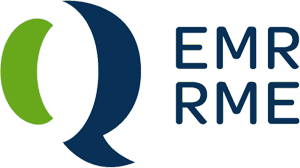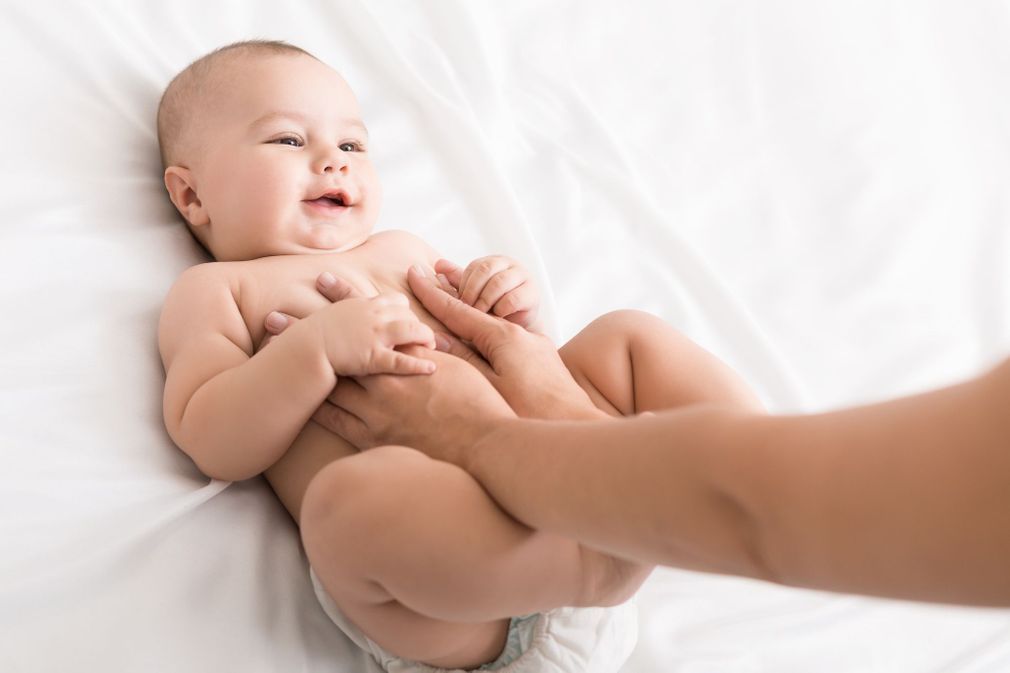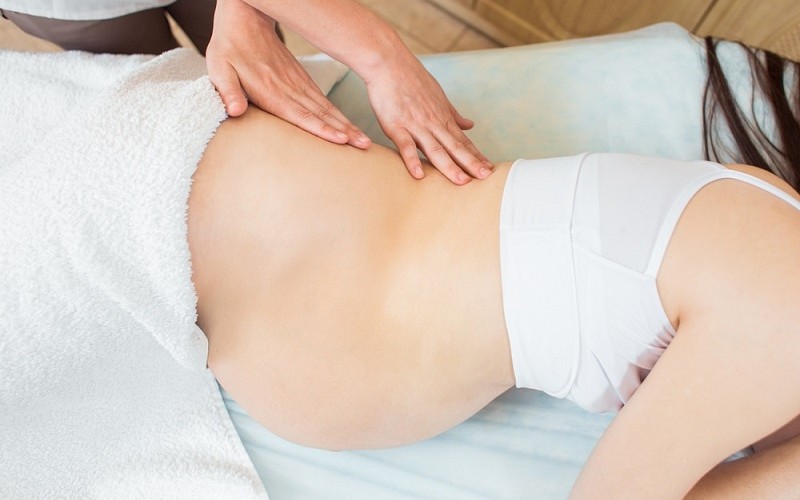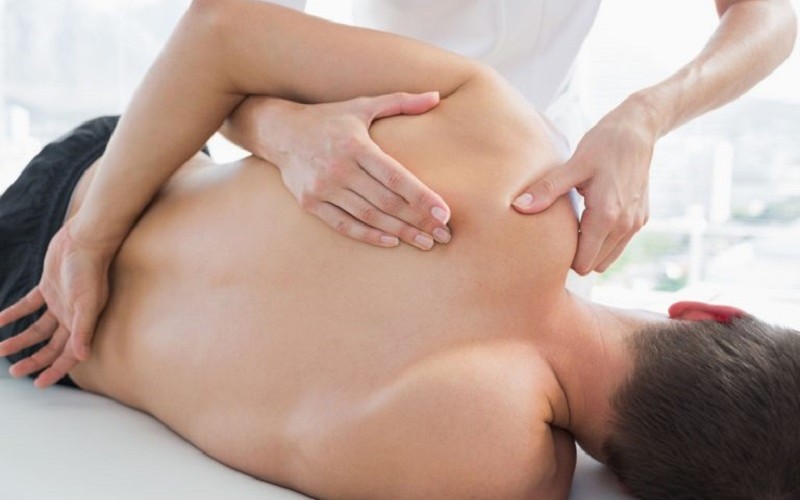Perineal rehabilitation - Lausanne
Philae Center

Join our physiotherapy center specializing in perineal rehabilitation in Lausanne!
An atypical and all too often taboo therapy!
It's an essential pillar of women's health. At key moments in a woman's life, it's crucial to pay particular attention to perineal rehabilitation. Childbirth, menopause, surgery... the pelvic floor muscles can undergo changes.
It's not just a medical procedure, it's a journey towards a better quality of life. By committing yourself to this process, you're helping your body to regain its balance, and your femininity to flourish.
You can rest assured that we're here to support you throughout this process, with an attentive, caring ear and a respectful approach to your individual needs. Our support is tailored and professional.
Your therapeutic journey, Step by Step
The first session :
During your initial consultation, we place the utmost importance on discussion. We want to know about your background, understand the issues you're facing and grasp your specific needs. We also take the time to introduce you to our working approach, explaining in detail how we work.
This is essential if you are to feel comfortable and confident with our approach. Your comfort and consent are essential.
If you agree with our approach, at the end of the session we'll carry out an examination. This will enable us to better understand your physical situation and establish a personalized structure for future sessions.
The following sessions :
Each patient benefits from a personalized approach, tailored to her specific urogynecological needs. At each consultation, we prioritize the most appropriate therapeutic approaches, based on the assessment made at the first appointment.
Therapeutic areas we can address together include :
- Adapted perineal reinforcement: specific work to tone the perineum, taking into account the particular needs of each patient, whether for prevention or rehabilitation.
- Pessary insertion: to support the treatment of prolapse or other perineal disorders, with personalized follow-up for adaptation and comfort.
- Specific work for prolapse: management and care strategies to support and strengthen the pelvic region, in order to reduce symptoms and improve quality of life.
- Post-operative scar work: management of scars after urogynecological surgery, to improve mobility and reduce pain.
- Treatment of urogynecological pain: reduction of pelvic, urinary and sexual pain, using manual techniques, targeted exercises and tailored advice.
- Follow-up of urinary disorders: help with incontinence management, as well as advice on improving bladder and pelvic function."
Specialized support
Your specialist physiotherapists are there for you in Lausanne
Together, we form a strong team, ready to work hand in hand with you. We guarantee you the very best care for your urogynecological problems. We support you every step of the way with personalized care tailored to your needs. Thanks to our experience and training, we can guide you through safe and effective exercises to improve your well-being and quality of life.
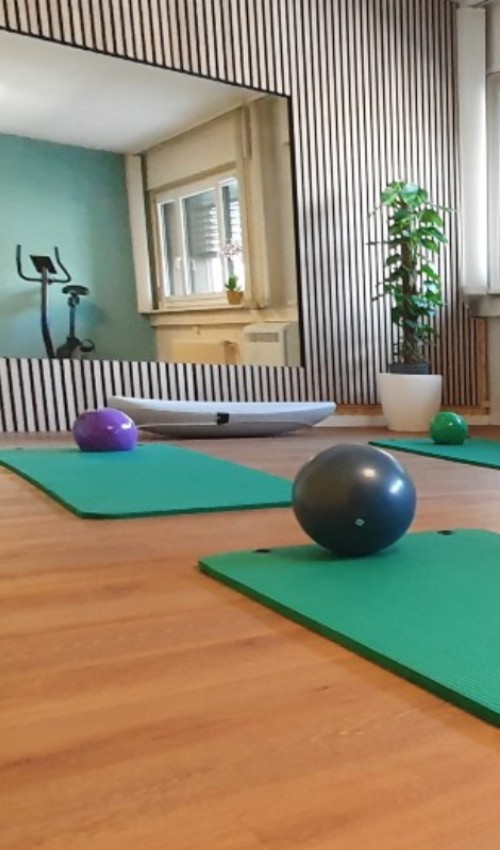
Why choose us?
Recognized expertise:
We are qualified professionals in the field of pelvi-perineology. Our team, made up of Géraldine, Clara, Amélie and Solen, is dedicated to women's well-being, offering care that combines expertise and experience. We regularly update our practices to ensure that our treatments are both appropriate and effective.
Rooms designed for your privacy:
We understand that the treatment process requires discretion and respect for privacy. That's why our practice and treatment rooms offer a serene and confidential environment.
Customized equipment :
The equipment we use is specifically adapted to the treatments we offer.
A dedicated gym:
We have a large room where you can learn new exercises and resume sporting activity in a safe and appropriate way.
Skills and know-how :
More than just professional skills, we cultivate a human and empathetic approach. Our team is not content with technical know-how, but is also committed to demonstrating genuine interpersonal skills, so that every patient feels listened to, understood and valued.
Advances in Uro-Gynecology
Innovation in rehabilitation: wireless biofeedback
We're proud of our state-of-the-art wireless biofeedback rehabilitation equipment. This advanced technology measures live pelvic floor muscle activity and displays it visually on a screen. Each person can see, in real time, the strength and duration of their muscle contractions.
Wireless vaginal probe: A revolution in mobility
Our system uses a vaginal probe with specific sensors and, crucially, it's wireless. This design offers unrivalled freedom of movement. This means you can perform natural movements - such as walking or jumping - while simultaneously observing pelvic floor activity.
Rehabilitation in a realistic context
The major advantage? This approach places rehabilitation in a realistic, everyday context. Beyond instant awareness of contractions, each person can adapt and improve their movements in real-life situations. It's this realistic experience that brings added value, optimizing the results of rehabilitation.
Técarthérapie: A major asset in the management of pain and scars
In 2025, we integrated Tecarthérapie, an innovative technology that enables targeted and specific work for the well-being of our patients. It helps reduce pain and promotes healing, offering optimal results for pelvi-perineal disorders.
Some common treatments
Perineal rehabilitation is frequently recommended as a non-invasive treatment. It has the potential to significantly improve women's quality of life.
Here is a list of the most common disorders treated in women's perineal rehabilitation:
- Urinary incontinence,
- Chronic pelvic pain, especially endometriosis
- Prolapse, or organ descent,
- Dyspareunia, characterized by pain during intercourse,
- Constipation
Pelvic floor disorders occurring during pregnancy or after childbirth.
Our other specialties
What is perineal rehabilitation?
This therapy focuses on the pelvic floor muscles. These muscles play a fundamental role in urinary and intestinal continence, as well as in sexual function. Optimal balance in this region is essential for women's overall well-being.
How do I get to rehab?
With a prescription from your doctor mentioning "perineal rehabilitation". By making an appointment with one of our trained therapists, either directly online (one doc) or by telephone.
Prescriptions are usually given directly at the CHUV, but you can also ask your gynecologist or general practitioner.
When to consult?
If you experience discomfort. There are many events in a woman's life that can trigger symptoms.
Do I have to go for a consultation after giving birth, and when?
Fortunately, nothing is compulsory! Highly recommended after childbirth, whether by vaginal delivery or Caesarean section.
It is recommended to start sessions after 6 weeks. Your consultations are fully reimbursed up to 8 weeks after giving birth. We therefore advise you to make an appointment as soon as possible to ensure you have space in time.
Can we work without in-house techniques?
Yes, of course! If you don't want to, we can work differently. The main thing is to say it, we have a lot to share in terms of advice, external exercises, ... welcome!
I'm menstruating or bleeding. Should I cancel my appointments?
On the day of your period or bleeding, we work on other equally important topics. Resuming sports and breathing, for example.
Is rehabilitation painful?
No, we work pain-free. However, if you have sensitive areas that you would like to improve, we will discuss them with you and suggest appropriate treatments.







